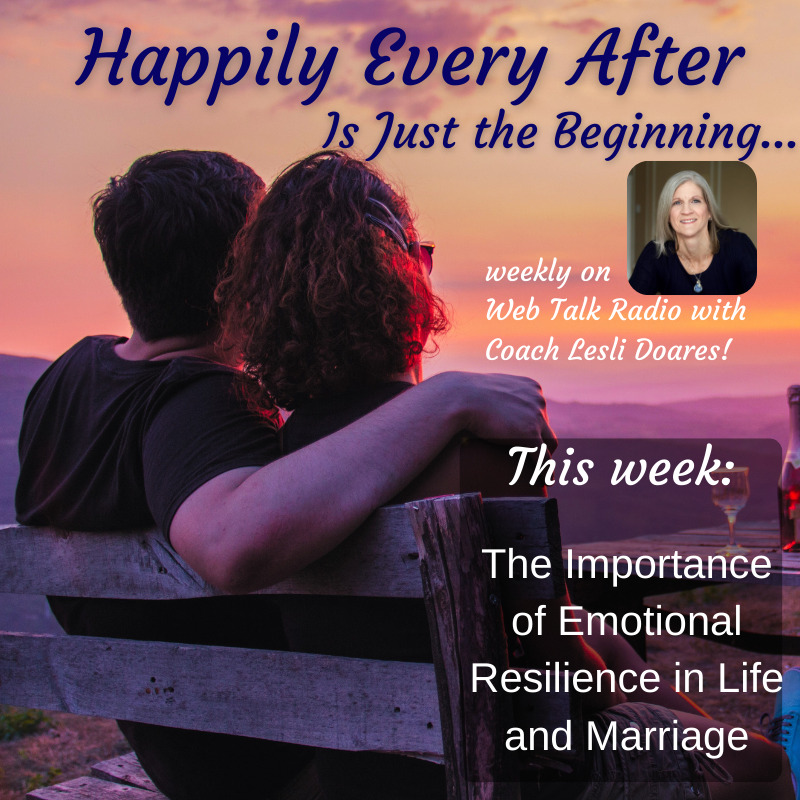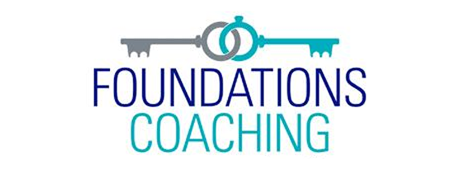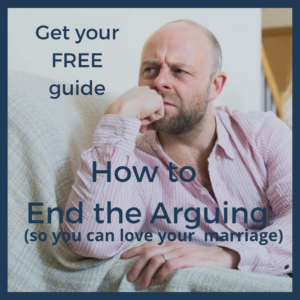No one likes criticism. Even if given “constructively”, it hurts. And when it comes from your wife? Even harder. How you respond to it can, and often, does make the situation worse. And this puts your marriage in danger.
Yes, she may be exaggerating your actions. Yes, she also may misunderstand your motives. And, yes, she may not offer her critique in a kind, loving way. But dismissing her experience or snubbing her request will not make things better. But you already know that.
There are three harmful ways people deal with criticism: defensiveness, blaming, and withdrawing. They all have something in common – they shift the focus from the person with the complaint to you, the one receiving it.
If your automatic reaction to criticism about something you did, or failed to do, is to get angry, point out where they’re wrong, or jump into an explanation about why what you did isn’t so bad, you are being defensive.
More subtle signs of defensiveness are rolling your eyes, smirking, heavy sighing, and the like. Even if they are non-verbal, they are just as damaging. Maybe more so.
Bad Marriage Advice #22: Once a Cheater, Always a Cheater
Betrayal, no matter what kind, is devastating. Many believe infidelity may be the worst form of betrayal. If it has ever happened to you, you know what I mean. But does it have to mean the end of your marriage? Most people think it does. Hence the common advice—once...
BAD MARRIAGE ADVICE #21: YOU NEED YOUR PARTNER TO GO FOR COUNSELING TO WORK
You’ve probably heard the saying, “It takes two to tango”. Maybe you’ve applied that mindset to addressing problems in your marriage. Yes, it is ideal if both of you are willing to sit down and tackle any issues together. That’s the definition of teamwork. And in good...
Bad Marriage Advice #20: Marriage Counseling Doesn’t Work
I used to get asked all the time what my success rate doing couples counseling was. My answer—100% with couples who were willing and able to do the work and 0% with couples who weren’t. Because I can only provide information. I can’t make someone use it. And neither...
Blaming is another common way negative feedback is handled. Instead of acknowledging your behavior, you blame the other person for “making” you take the actions you did.
- You yelled because they made you mad
- You lied because they get upset what you were doing
- You are justified because they hurt you too
The truth is that no matter what anyone else does, you are responsible for your actions. No one can “make” you do anything.
Blaming is a habit you develop that allows you to avoid responsibility by putting it on someone else. And it has no place in a healthy, emotionally mature relationship.
Finally, there is withdrawing. When someone criticizes you, you shut down. Refuse to talk. You might even remove yourself from their presence. Not for an hour. Not for a few hours. But for days.
Withdrawing is a form of punishment. And that’s what you intend when you do it. You don’t like what you’re hearing so you refuse to engage. Not just on the subject at hand, but in any way on any subject.
All of these behaviors are harmful to your relationship. They are indications of at least one, maybe two, of marriage guru John Gottman’s Four Horseman – unproductive communication patterns that predict divorce.
If you engage in any of these behaviors, you’re not alone. But you don’t have to continue to do them. And having a happy marriage depends on you stopping them. And the sooner the better.
My colleague Lisa Merlo-Booth has just the thing to get you started. She is offering help in her Tackling Defensiveness 101 program. You can check it out here.
Around the Web This Week









